Neue Hoffnung und Klimaoptimismus für das Jahr 2022
Da wir ein weiteres Jahr im festen Griff des Coronavirus beenden werden, kann es schwierig sein, positiv zu bleiben. Nichtsdestotrotz glaube ich, dass das neue Jahr reichlich Anlass bietet, die Hoffnung zu bewahren.
Dieses Jahr ist als Unternehmen unser 20. Geschäftsjahr gewesen und ich bin so stolz darauf, was wir in dieser Zeit alles erreicht haben. Während wir uns in ein neues Jahrzehnt unserer Geschäftstätigkeit bewegen, wird ES sein Hauptaugenmerk auf seine Einflussnahme als Unternehmen und als Branche legen.
Im Rahmen unserer neuen Initiativen der Einflussnahme haben wir eine Zusammenarbeit mit Ecologi begonnen. Bisher haben wir 20.630 Bäume gepflanzt und im November wurde ES zu einer klimapositiven Belegschaft, indem sie ihre Ökobilanz nachweisbar um 44,14 Tonnen an CO2 verringern konnte. Wie jedes Jahr haben wir auch dieses Mal Weihnachtsspenden an mehrere gemeinnützige Organisationen getätigt, zu denen unter anderem die Plant-for-the-Planet Foundation („Pflanzen für den Planeten Stiftung“), der Rettet den Regenwald e. V. und das Deutsche Kinderhilfswerk e. V. gehören.
Meine Hoffnungen für 2022:
Ein zufriedenes & gesundes Team: Mir ist bewusst, dass die Pandemie jeden schwer getroffen und von dem ganzen Team so viel abverlangt hat. Im Januar werden wir eine Umfrage in Bezug auf das Wohlbefinden unserer Mitarbeiter durchführen, um sicherzustellen, dass alle die Unterstützung erhalten, die sie benötigen. Diese Umfrage wird uns ebenfalls als Informationsquelle dienen, um unsere interne Kommunikation, unsere Initiativen für das kommende Jahr und ein breiter gefächertes Zusatzleistungspaket für unsere Mitarbeiter auszuarbeiten.
Die Unterstützung unserer Klienten darin, selbst Einfluss auszuüben: Dieses Jahr haben wir sehen können, wie sowohl unsere vertrauten als auch unsere neuen Klienten ihre Bemühungen im Hinblick auf die ESG immens erhöht haben. Da auf diesem Weg mit dem Ziel einer Netto-Nullenergie in den nächsten Jahren viele weitere Richtlinien und Vorschriften in Kraft treten werden, verstehen wir gut, dass jene sich an uns wenden werden, um Unterstützung und Rat zu beziehen. Wir sind davon überzeugt, dass die Branche sowohl die Fähigkeit als auch das nötige Handlungsvermögen besitzt, um massiv zur Kohlendioxidreduktion beizutragen, und wir werden unsere Klienten stark dazu drängen, größere Ziele und Ambitionen zu realisieren.
Aufklärungsarbeit in der Branche: Die Branche befindet sich derzeitig in einem umfangreichen Wandel und es ist nur schwer erkennbar, wo überhaupt begonnen werden soll, ganz zu schweigen von der sich verändernden politischen und regulatorischen Landschaft. Dieses Jahr haben wir uns zum Ziel gesetzt, Bildungsmaterialien zu diesen (und anderen) Themen zu veröffentlichen, um die Immobilienbranche zu unterstützen und besser aufzuklären, was beispielsweise die EU-Taxonomie, die Verordnung (EU) 2019/2088 Offenlegungsverordnung, die ESG-Berichterstattung, Biodiversität, Gesundheit & Wohlbefinden, Kreislaufwirtschaft und Dekarbonisierung betrifft.
Die Weiterführung von #tacklethecrisis: Als Unternehmen glauben wir daran, die eigenen Wertvorstellungen vorzuleben. Wir werden weiterhin eine Stimme für positive Klimanachrichten darstellen und Klimaschutzmaßnahmen so gut es nur geht unterstützen. Dies wird ebenfalls unsere fortwährende Unterstützung von Fridays for Future und deren Klimastreiks sowie die Verstärkung unserer Zusammenarbeit mit Ecologi und anderen Initiativen beinhalten, die dem positiven Klimaschutz verschrieben sind.
Ich möchte auch noch einmal allen Mitarbeitern von ES dafür danken, dass sie unseren Klienten in diesen extrem geschäftigen und noch nie dagewesenen Zeiten exzellente Dienste erwiesen haben. Wir freuen uns sehr darauf, im Jahr 2022 mit unseren Klienten, Partnern und der Branche zusammenzuarbeiten, um einen realen Einfluss auf das Klima zu nehmen.









Head Office, Berlin,
Neue Grünstraße 17 | 18 Hof 1 | TRH 3
10179 Berlin
© ES EnviroSustain GmbH 2021




